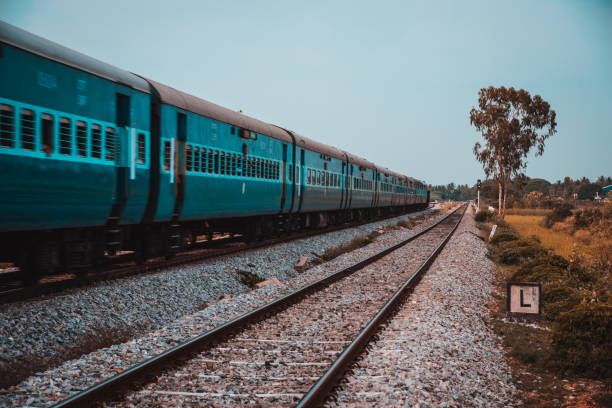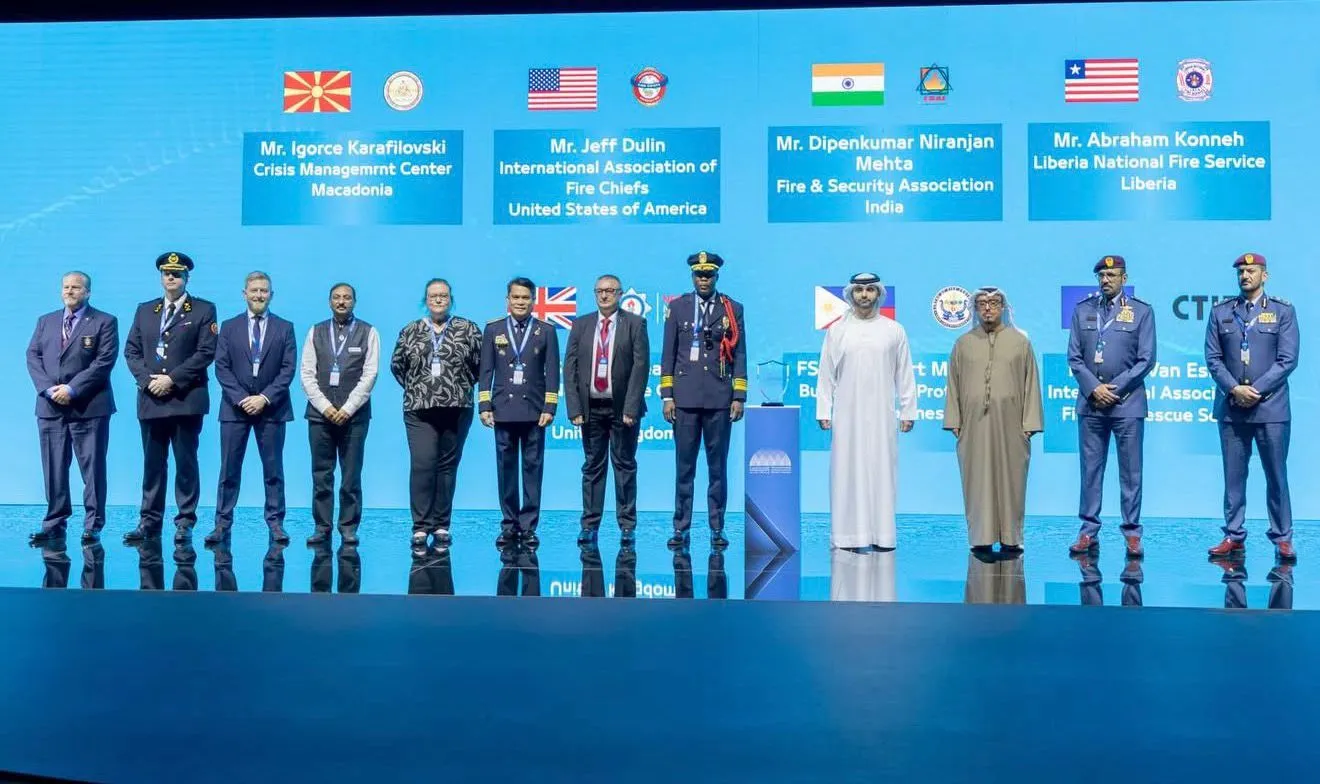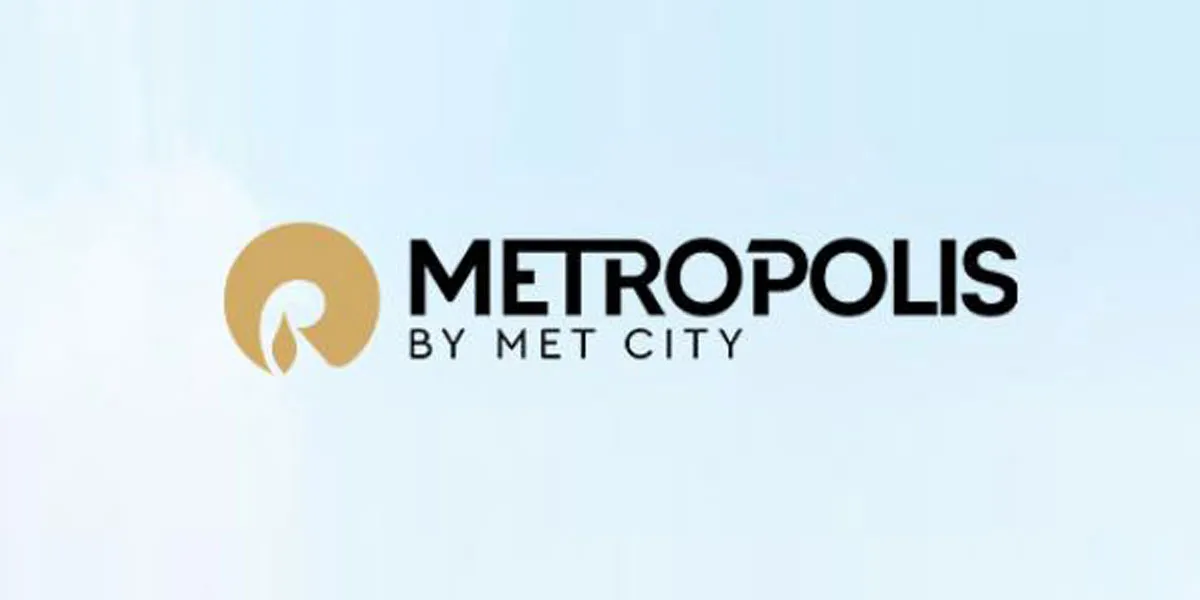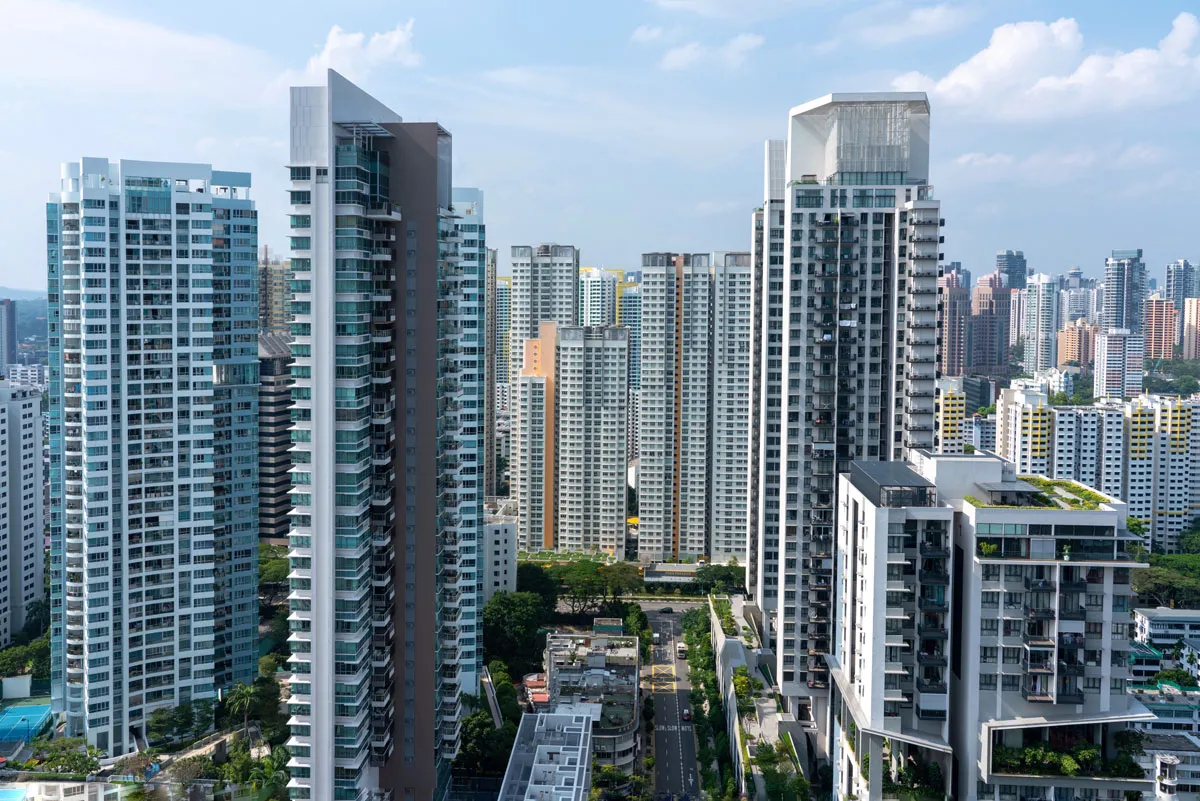
Global companies to develop Railways' Gujarat loco facility

FSAI–Dubai Civil Defence Alliance Reaches 500 Million Globally
The Fire and Security Association of India (FSAI), through its strategic alliance with the Directorate General of Dubai Civil Defence (DCD), has contributed to extending fire and life safety awareness to over 500 million people across 64 countries in less than a year. The milestone was highlighted at the World Safety Summit 2026 held at Expo City Dubai, where FSAI represented India. The summit was organised by the General Command of Dubai Civil Defence and attended by His Highness Sheikh Mansoor bin Mohammed bin Rashid Al Maktoum.The alliance follows a three-year Memorandum of Understanding si..

Metropolis by Reliance MET City Launches as Integrated Hub in NCR
Reliance MET City has announced the launch of Metropolis by MET City, a large-scale integrated mixed-use development at Daryapur in Jhajjar district, Haryana, aimed at creating a new urban hub within the Delhi NCR.The project forms part of a 140-acre master-planned development comprising residential plots, industrial plots and a future group housing component. In the first phase, around 100 acres are being launched. The development is strategically located near the KMP Expressway, AIIMS Badsa and the upcoming Haryana Orbital Rail Corridor, offering connectivity to Gurugram and other NCR centre..

Mumbai Posts Best January Stamp Duty Collections in 14 Years
Mumbai recorded its highest January stamp duty collections in 14 years, generating over Rs 10.12 billion from property registrations in January 2026, according to Knight Frank India. A total of 11,219 property registrations were recorded within the BMC jurisdiction during the month.While registrations declined 8 per cent year-on-year, January 2026 still marked the second-highest January in terms of volumes over the past 14 years. Stamp duty collections rose 2 per cent year-on-year, reflecting a higher share of large-ticket transactions and sustained end-user demand.Residential properties domin..

















